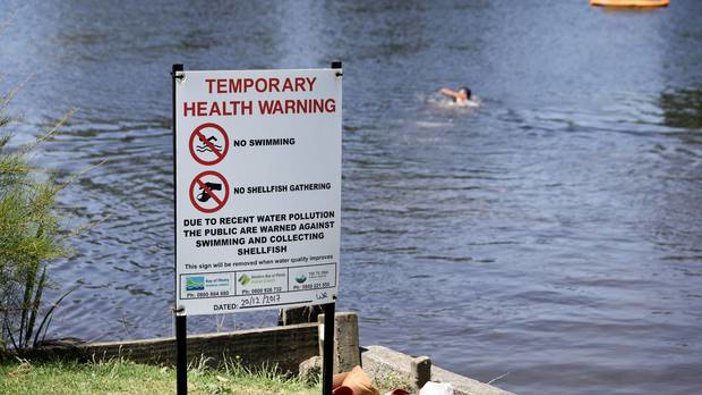Follow
the podcast on

The Government has just unveiled its long-awaited reforms aimed at cleaning up New Zealand's rivers – and advocates are already disappointed that there aren't any nailed-down limits for some key pollutants.
The new reforms set higher health standards at swimming spots, require urban waterways to be cleaned up and enforceable farm environment plans, and set stricter controls on nitrogen pollution and new bottom lines on other measures of waterway health.
They also put new controls on higher-risk farm practices such as winter grazing and feed lots.
The rules come with strengthened bottom line for nitrogen toxicity, to provide better protection for 95 per cent of freshwater species, up from 80 per cent under the previous National Policy Statement for Freshwater Management.
There will also be a cap per hectare on the use of synthetic nitrogen fertiliser, excluding vegetable growers, set initially at 190kg per hectare per year, with a review by 2023.
Dairy farmers will be required to report annually to councils the quantity of nitrogen applied per hectare as synthetic fertiliser.
Fertiliser companies will have to report on sales to ensure the overall level of use is heading in the right direction.
Farmers, along with iwi, councils and communities, will be helped with a $700 million fund to create jobs in riparian and wetland planting, removing sediments and other initiatives to prevent farm run-off entering waterways.
"Our environmental reputation is the thing that underpins our biggest export earners - tourism and agriculture," Environment Minister David Parker said.
"Many of our rivers, lakes and wetlands are under serious threat after years of decline and political inaction.
"If we don't start cleaning up our water now they will get worse, become more expensive to fix and we risk serious damage to our international clean green reputation."
Agriculture Minister Damien O'Connor said work undertaken to date estimates 80 per cent of dairy farmers won't be affected by the cap on synthetic nitrogen fertiliser.
While some tougher measures had first been proposed, the Government opted to lessen the cost and impact on the primary sector, citing the role it would play in the country's economic recovery from Covid-19.
In the longer-term, there would be a new national policy statement "to achieve permanent improvements".
Take your Radio, Podcasts and Music with you









